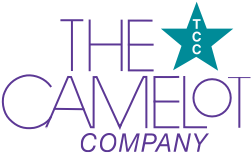As the U.S. deals with COVID-driven staffing shortages throughout supply chain actors here, the reaction in China and Hong Kong has not been to work through them, but to further constrict and constrain. Much of this is driven by China’s “Zero COVID tolerance” policy, which means one infection is one infection too many and they will react swiftly and strongly to prevent further transmission.
In the northern port city of Tianjin, reporting is that port operations are back to normal, but the government has imposed quarantine requirements on drivers moving between provinces, preventing truckers from returning until fourteen days later after bringing a load to the port. This of course affects the ability to move loaded and empty containers bi-directionally between the port and factories.
The border between Shenzhen and Hong Kong remains virtually closed following the discovery of COVID-positive travelers. China has claimed that the virus was brought into the country on imported goods, a sparsely-supported theory.
On the airside, Hong Kong has instituted a two-week ban on flights from travelers from a list of countries that began January 8th. Subsequent to that announcement, they announced restrictions on transit passengers from 150 countries, further crippling Hong Kong’s status as both an originator of flights and a hub for people traveling between other countries in the region and around the world.
In a move that upset the U.S. government and is perhaps retaliatory in nature, China has increased the cancellation of flights between the U.S. and the mainland, further reducing shipping options for companies needing to urgently move their goods by air in order to avoid the delays plaguing the ocean modality.
We continue to work with our partners throughout the region to react as quickly to this ever-changing landscape. For more information, feel free to reach out to your Camelot representative with any questions.
